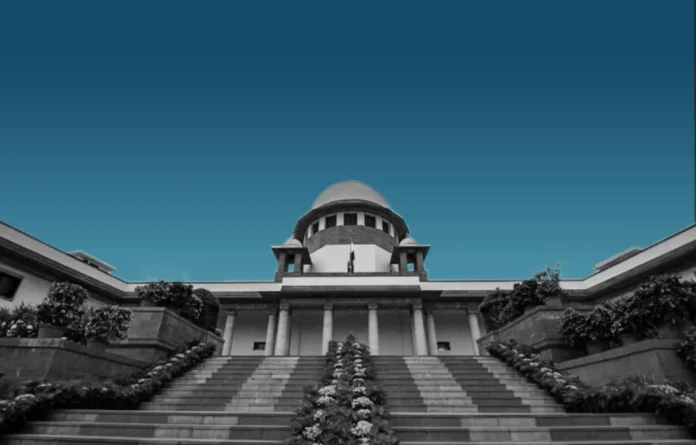A petition has been filed in the Supreme Court of India challenging the constitutional validity of Section 62(5) of the Representation of the People Act, 1951, which bars individuals confined in prison whether convicted or facing trial—from casting their vote during elections. The plea, filed by Aditya Prasanna Bhattacharya, a law student, argues that the provision unfairly denies undertrial prisoners the right to vote, despite their innocence not yet being disproved.
The petitioner contends that the law’s broad use of the term “confinement” results in a blanket disenfranchisement of people who are merely awaiting trial or detained for civil reasons, equating them with convicted offenders. This, the plea asserts, violates the fundamental right to equality under Article 14 of the Constitution as well as the constitutional right to vote under Article 326.
The petition emphasizes that the restriction lacks any reasonable classification or justification, as undertrials remain citizens entitled to participate in the democratic process. It further notes that in several democratic countries, individuals awaiting trial retain their voting rights, and India’s continued prohibition stands at odds with international human rights principles.
After hearing preliminary arguments, the Supreme Court issued notices to the Union Government and the Election Commission of India, seeking their responses to the plea. The matter is now listed for further hearing, where the Court is expected to examine whether disenfranchising undertrial prisoners withstands the test of constitutional scrutiny.


